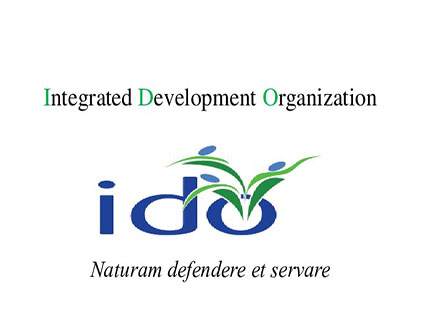
About IDO Integrated Development Organization (IDO) is a local NGO created in 2012 to support Rwanda’s policies and strategies, including the country’s path toward achieving the Sustainable Development Goals (SDGs). IDO is a nonprofit organization dedicated to empowering underserved communities through education, technology access, and capacity-building programs. The organization serves children, youth, and adults in low-income neighborhoods by providing resources and support that promote lifelong learning and digital inclusion. IDO believes that innovation and new technology are engines of development and key to integrating Rwanda into regional and international networks. Mission A world where every individual has equal access to education and technology, enabling them to reach their full potential and contribute meaningfully to society in a managed environment. Vision To bridge the digital divide by providing quality educational resources, training, and technology access to underserved populations, thereby fostering sustainable community development and personal growth. Objectives Increase technology access by distributing 1,000 devices to students in need within the next five years, especially in rural communities. Increase technology access by distributing 1,000 devices to students in need within the next five years, especially in rural communities. Establish partnerships with local schools and community centers to expand outreach and resource sharing. Raise awareness among employees, stakeholders, and the community about environmental issues and sustainable practices by involving community members, government agencies, NGOs, and other stakeholders in environmental decision-making processes. Secure funding to support ongoing program expansion and sustainability efforts. Approach IDO aims to be a solution-focused organization, designing interventions based on evidence to meet the needs of Rwanda. The organization uses participatory and partnership approaches and conducts research and assessments to inform its actions. Main Programs Education & Research Supporting the policy of “Education for All” Youth orientations and exit strategy Environment Management Reducing the negative impacts of the environment on the population Raising awareness on environmental impacts to social well-being Health & Food Security Health Combating HIV and AIDS Fighting malnutrition among children Contributing to Food Security Promoting modern agriculture to increase productivity Promoting business-oriented agriculture Social and Economic Promotion Empowering family economic stability Promoting social cohesion

